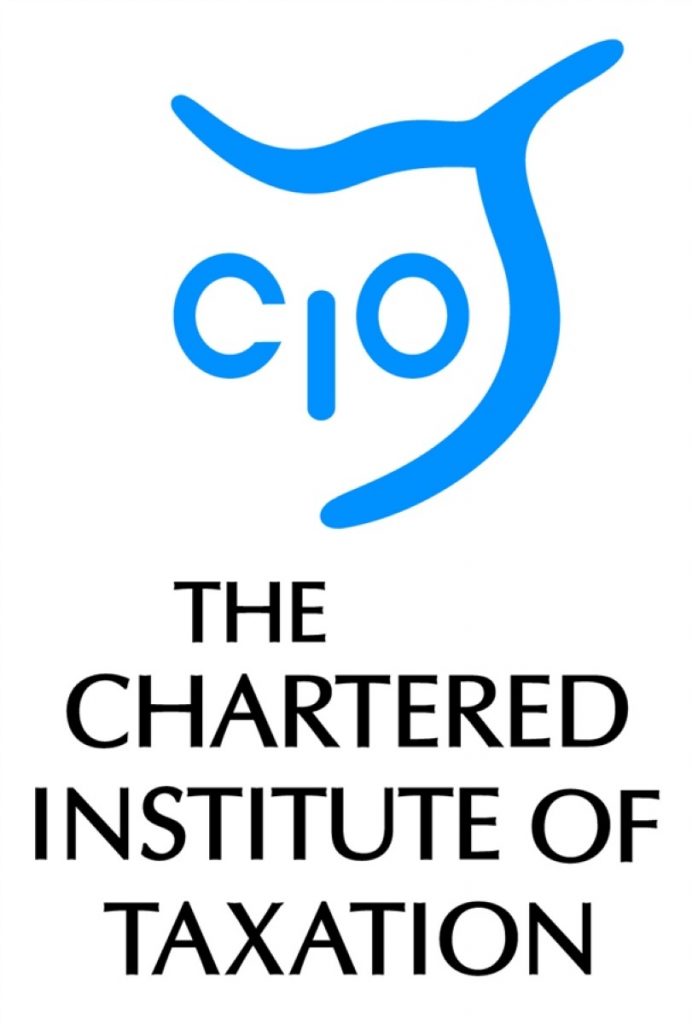CIOT: Tax advisers welcome promise of online improvements but warn of risk of ‘digital divide’
The Chartered Institute of Taxation (CIOT) has welcomed today’s statement by the Government that they want to improve the delivery of online services, such as those for submitting tax returns, but warned that current government practice is making it harder for people to find information they need online.
John Whiting, CIOT Tax Policy Director, said:
“Bringing together government online services in ‘a single domain based on agile shared web services’ is a worthy ambition. Providing taxpayers and agents with adequate, accessible information and reliable services will help taxpayers and HMRC alike, helping both to work more efficiently and increasing compliance.
“However this is contrary to what is happening at the moment, where tax information that used to be available all in one place is fragmenting across three websites – HMRC, Business Link, and DirectGov, making it harder for taxpayers and agents to find the information they need.
“Tax information needs to be available in one place and systems need to work 100 per cent of the time.”
The CIOT’s Low Incomes Tax Reform Group (LITRG) has emphasised that there should be always be alternatives to getting information and filing returns online.
Robin Williamson, LITRG Technical Director, said:
“Martha Lane Fox has pointed out that more than 10 million people in the UK have never used the internet. This includes many older people, people with disabilities and those living in remote areas where there is no broadband connection. These people’s interests are being seriously prejudiced by the growing tendency by HMRC to publish important guidance exclusively online.
“There is a growing ‘digital divide’ between taxpayers who can find out about their tax obligations and rights online, and those who cannot and who are not provided with a reasonable alternative. While we support all moves to help and encourage people to take full advantage of the internet, we believe that effectively compelling everyone to use that medium, whether they are capable of doing so or not, is counter-productive and probably unlawful.”
Notes to Editors
1. Today’s government statement is a response by Cabinet Office Minister Francis Maude to a report on digital inclusion by the founder of Lastminute.com, Martha Lane Fox. For further information see www.cabinetoffice.gov.uk
2. The Chartered Institute of Taxation (CIOT) is a charity and the leading professional body in the United Kingdom concerned solely with taxation. The CIOT’s primary purpose is to promote education and study of the administration and practice of taxation. One of the key aims is to achieve a better, more efficient, tax system for all affected by it – taxpayers, advisers and the authorities.
The CIOT’s comments and recommendations on tax issues are made solely in order to achieve its primary purpose: it is politically neutral in its work. The CIOT will seek to draw on its members’ experience in private practice, government, commerce and industry and academia to argue and explain how public policy objectives (to the extent that these are clearly stated or can be discerned) can most effectively be achieved.
The CIOT’s 15,000 members have the practising title of ‘Chartered Tax Adviser’ and the designatory letters ‘CTA’.
3. The Low Incomes Tax Reform Group (LITRG) is an initiative of the Chartered Institute of Taxation to give a voice to the unrepresented taxpayer and tax credit claimant.
– ENDS –
George Crozier
External Relations Manager
D: +44 (0)20 7340 0569
M: +44 (0)7740 477374
The Chartered Institute of Taxation
www.tax.org.uk
Low Incomes Tax Reform Group
www.litrg.org.uk
The Association of Taxation Technicians
www.att.org.uk
1st Floor, Artillery House, 11-19 Artillery Row, London SW1P 1RT





-01.png)